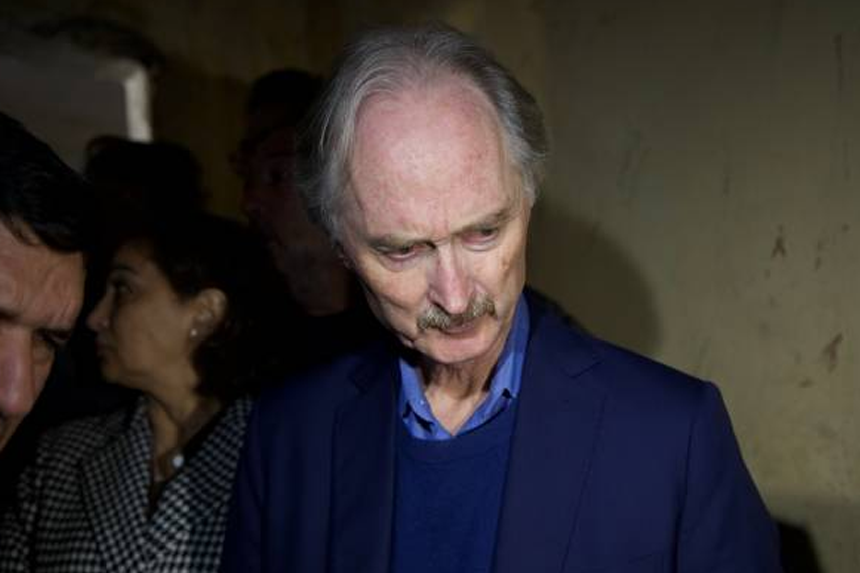The UN Special Envoy for Syria, Geir Pedersen, has emphasized the importance of Syria’s new leadership respecting the rights of all the country’s diverse religious and ethnic groups. Speaking to the BBC from Damascus, Pedersen acknowledged that Syrians are experiencing “a lot of hope and a lot of fear… at the same time” as they face significant changes following the overthrow of Bashar al-Assad’s regime.
The rebel coalition, led by Hayat Tahrir al-Sham (HTS), took control of Syria less than two weeks ago. HTS, a Sunni Islamist group, has disavowed its jihadist extremist past since splitting from al-Qaeda in 2016. However, HTS is still designated as a terrorist organization by multiple international bodies, including the UN, the US, and the EU.
Pedersen highlighted that while HTS leader, Ahmed al-Sharaa (formerly Abu Mohammed al-Jolani), has made several positive public statements about respecting other groups, many Syrians remain skeptical. Pedersen noted that for the transition to succeed, cooperation from all factions, including civil society, armed groups, and women, will be essential.
He also mentioned the international community’s readiness to support Syria’s new leadership but stressed that lifting sanctions and delisting HTS would depend on its actions. Pedersen believes that Syria can have a bright future if HTS follows through on its promises, but warned that failure to do so could lead to further strife and even civil war.
Regarding Syria’s neighbors, Pedersen criticized Israel’s actions in the Golan Heights and Turkey’s involvement in northern Syria, emphasizing that external interference must stop for Syria to rebuild. He also urged HTS to ensure justice for the families of over 100,000 Syrians who have disappeared since 2011, warning that failure to address these grievances could lead to renewed anger and conflict.
As Syria moves forward, Pedersen stressed the urgency of a peaceful and cooperative process, urging that Syrians must lead the way in rebuilding their country. The next few weeks and months will be crucial in determining whether Syria can move towards a brighter future or face new conflicts.




